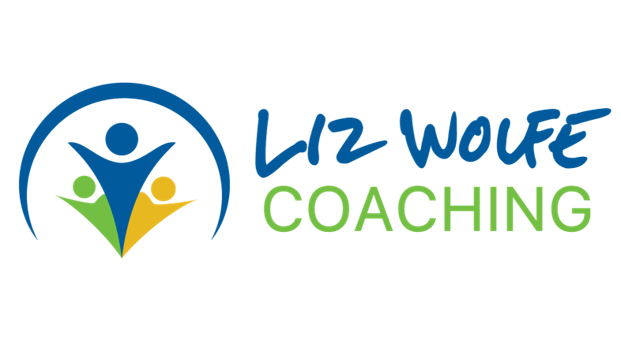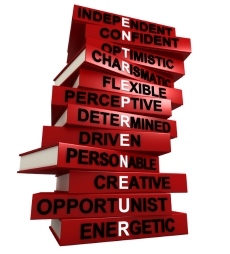17 Apr Just Do It?
An old friend and her husband have a six year old son who was diagnosed with “moderate to severe” ADHD. Recently I was sharing with them my experience with my own children’s development. We commiserated over the notion that as far as attention spans are concerned, they can always seem to find the will to focus on something that they want to be doing, but if their interest isn’t already piqued, then they won’t stay motivated enough to complete a task.
My friend’s husband reiterated something I myself have said many times, “I want him to learn that life is not all just about doing what you want to do. You have to do things you don’t want to do sometimes as well.” When he said it, a light bulb went off for me. I realized we are asking our children to operate under a set of emotional skills associated with doing something that they like but we’re expecting them to apply those same skills to something that they DON’T like. We think that they should “just do it” even if it’s not something they want to do. But actually, there is a completely different set of skills involved with facing up to and doing something that we don’t want to do. It involves dealing with the discomfort, fear, resistance, and whatever else comes up, on TOP of doing the thing we don’t want to do.
For instance, because the NY State tests are approaching, my children are coming home daily with test prep as a part of their homework. It’s no secret that homework time is viewed with disdain in my household. However, daily I buckle down with them, encouraging, supporting, coercing, threatening, whatever works to get it done. Last night Isabel came home with an assignment that included reading a passage and then writing a short essay in response. A combination of variables, including hunger, tiredness, resistance to homework, concern about the upcoming tests and an uncertainty of how to do the assignment all added up to one major blowup that ended in getting to bed late and angry, with the assignment crumpled in a corner — still not complete.
This morning as I sat with her at breakfast, I approached the topic again. Since writing is usually Isabel’s forte, I tried to get to the bottom of why she didn’t want to do the assignment. Telling her to “just do it” had already proven ineffective. I thought back to the conversation I had with my friend and her husband. It isn’t just that the homework itself is hard; it’s figuring out how to handle all the emotions that come first –the anger, the resistance, the fear, and the frustration. My intention is that by identifying what exactly is difficult about it, she can remember and learn for future experiences.
Another interesting component is that while trying to pinpoint what she found difficult about completing the assignment, I said to her, “I KNOW we can do the assignment. I KNOW that you can get it done and we can work it out together.” So, in essence, I was assuring her success. But even with that knowledge, she still had resistance, which tells me, it’s not so much about the assignment as a process or finished product, it’s about dealing with the emotions that are coming up right now.
The essay itself was by Jerry Spinelli, the bestselling children’s book author. He tells a story of his childhood where he was on the baseball field and missed a grounder when the bases were loaded. Instead of running after it to keep it in play, he threw a hissy fit on the field, causing the opposite team to score three runs. At the end of the inning, the coach reprimanded him by saying, “You’ll make lots of errors while playing. What matters isn’t that you made the error, but what you do afterwards. You have to chase down the ball and do something good with it.” From this experience he concludes that in life it doesn’t matter what mistakes he makes, as long as he chases them down and does something good with them afterwards. There’s another part to this story that Mr. Spinelli doesn’t address, which is that in order to “chase them down and do something good with them afterwards” he has to be able to handle the disappointment, anger, frustration, embarrassment and a host of other emotions that arise in the moment that the mistake occurs, so that he can face up to the task at hand.
I asked Isabel what she was going to write to describe what lesson he learned. She considered it for a moment, and then said, “You can’t change the past, but you can change the future.”
Exactly.
I’m curious to know if you have any tips or processes that help you get past the resistance and negative emotions that often accompany a hard task. Please feel free to share them in the comments!
 Have you ever wondered about your own strengths and weaknesses as the “CEO” of your business? I’ve created a quiz that can help you gain insights into your leadership style and areas for growth. It’s a fun way to reflect on your skills and discover opportunities for development. Take the quiz and unlock your CEO potential today! Click here to take the quiz.
Have you ever wondered about your own strengths and weaknesses as the “CEO” of your business? I’ve created a quiz that can help you gain insights into your leadership style and areas for growth. It’s a fun way to reflect on your skills and discover opportunities for development. Take the quiz and unlock your CEO potential today! Click here to take the quiz.


